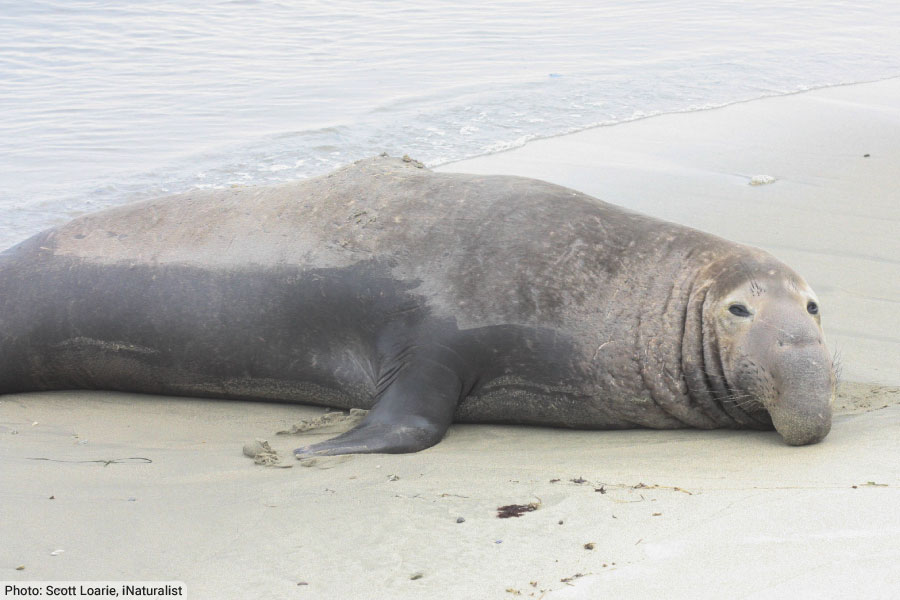A recent investigation into the sleeping habits of northern elephant seals has revealed that the enormous pinnipeds slumber for a mere two hours each day, a duration that is significantly shorter than that of nearly any other mammal. Additionally, the seals’ sleep occurs deep underwater, where they are protected from predators such as sharks and killer whales.

Sleep Research on Northern Elephant SealsThe seals’ diving activities were monitored by researchers from Scripps Institution of Oceanography and UC Santa Cruz, who affixed neoprene caps to the animals’ skulls using a removable adhesive.

Utilizing these and other sensors, the team was capable of monitoring a variety of aspects of a seal’s dive, such as depth, stroke rate, and duration. Additionally, the sensors were capable of monitoring the seal’s slumber state, which was crucial to the investigation.Subsequently, the researchers integrated their own data with preexisting data from the Costa lab at UC Santa Cruz, which was derived from more than half a million northern elephant seal dives.
OutcomesThe team discovered that the northern elephant seal rests for an average of only two hours per day while at sea. The African elephant is the sole mammal that is known to spend as little time resting.
* Elephant seals spend up to ten months of the year at sea, only returning to the surface to reproduce, give birth, and molt (refer to the information below).
Another intriguing aspect of the northern elephant seal’s slumber patterns is that it takes place at a depth many meters below the surface.
This is likely an adaptation to prevent predation; the seals are most susceptible to assaults by sharks and killer whales when they are at or near the surface.
The seals cease swimming, flip over, and progressively descend as they enter REM sleep. This implies that the seals’ movement is inhibited during this phase of slumber, similar to ours.
The study’s data is crucial for the development of a comprehensive understanding of the behavior of the northern elephant seal, thereby aiding in the preservation of the species.

